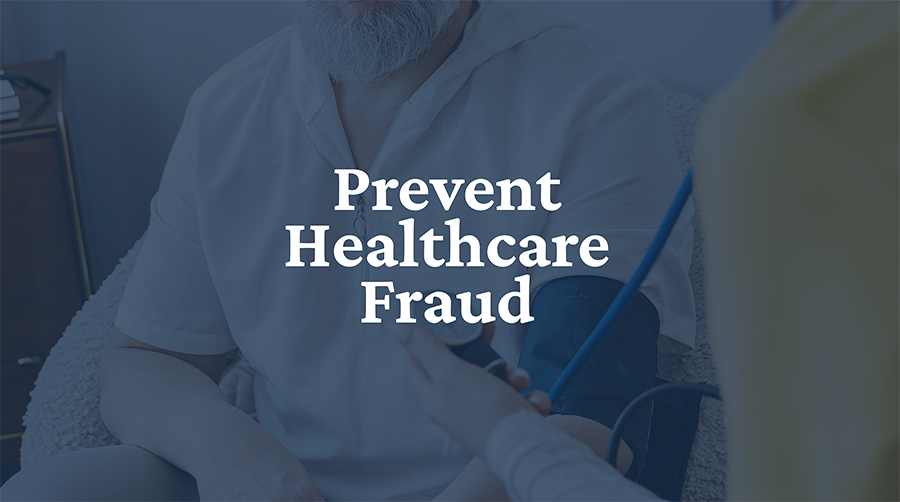Senior Medicare Patrol, or SMP, programs help Medicare beneficiaries, caregivers and professionals that serve them prevent, detect and report healthcare fraud.
In doing so, SMP not only protects older adults and those with disabilities but preserves the integrity of the Medicare program.
SMP is dedicated to protecting, detecting and reporting Medicare fraud, errors and abuse.
Through sharing knowledge of common fraud and scam trends with Medicare beneficiaries, their family, and caregivers, SMP provides people the know-how to protect their identity, as well as the confidence to handle healthcare billing inaccuracies and the ability to recognize and avoid deceptive healthcare practices, including unnecessary or inappropriate services or charges.
When Medicare beneficiaries are unable to handle these problems, SMPs work with family, caregivers and others to address the issues and, if necessary, make referrals to outside organizations.
How We Can Help
SMP staff and volunteers reach out to Medicare beneficiaries in their communities by giving presentations about Medicare fraud and abuse, how to prevent, detect and report it. SMP staff and volunteers also exhibit at community events and fairs, answer calls about Medicare fraud and perform one-on-one counseling to beneficiaries and their caregivers. SMP volunteers are provided extensive training on Medicare fraud. You do not need to be an expert on Medicare to volunteer! (Link to Volunteer form)
Contact Nancy Gilmer Moore at 317.205.9201 x207 or your local Area Agency on Aging at 800.986.3505 to report suspected fraud.
Indiana SMP In The News
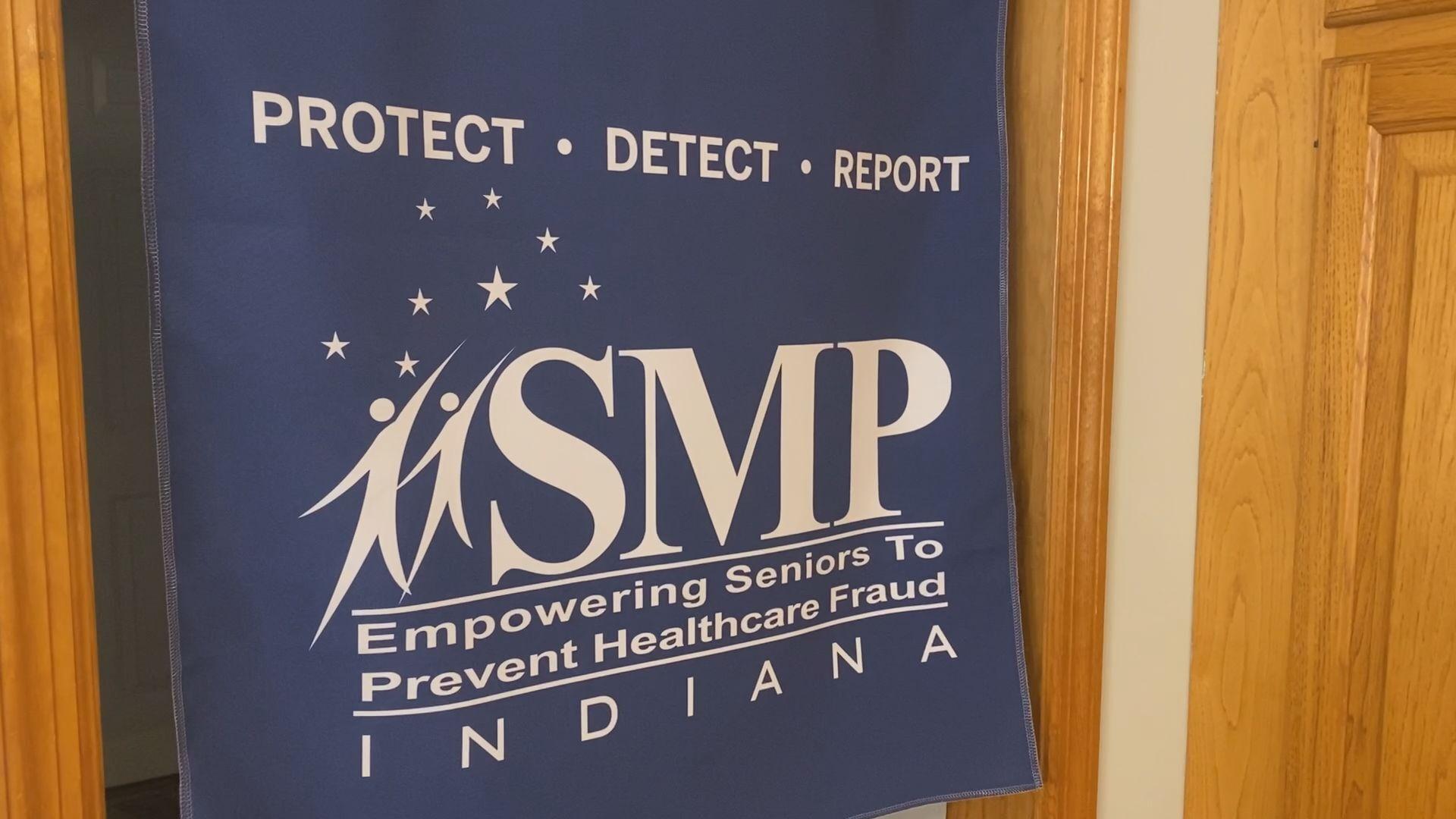
Back brace scams and Medical ID Theft
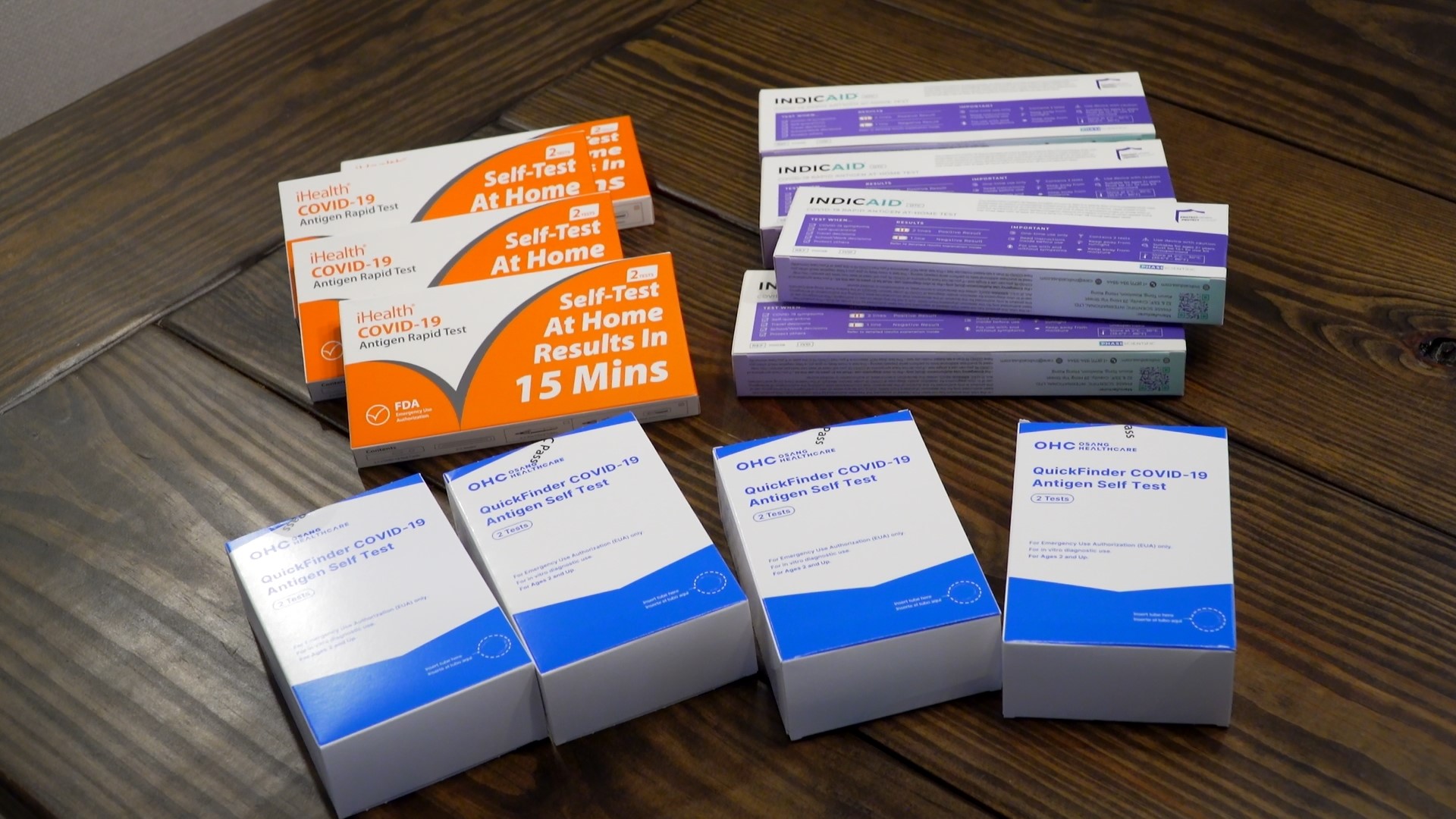
COVID-19 OTC Test Kit Fraud and Medical ID Theft
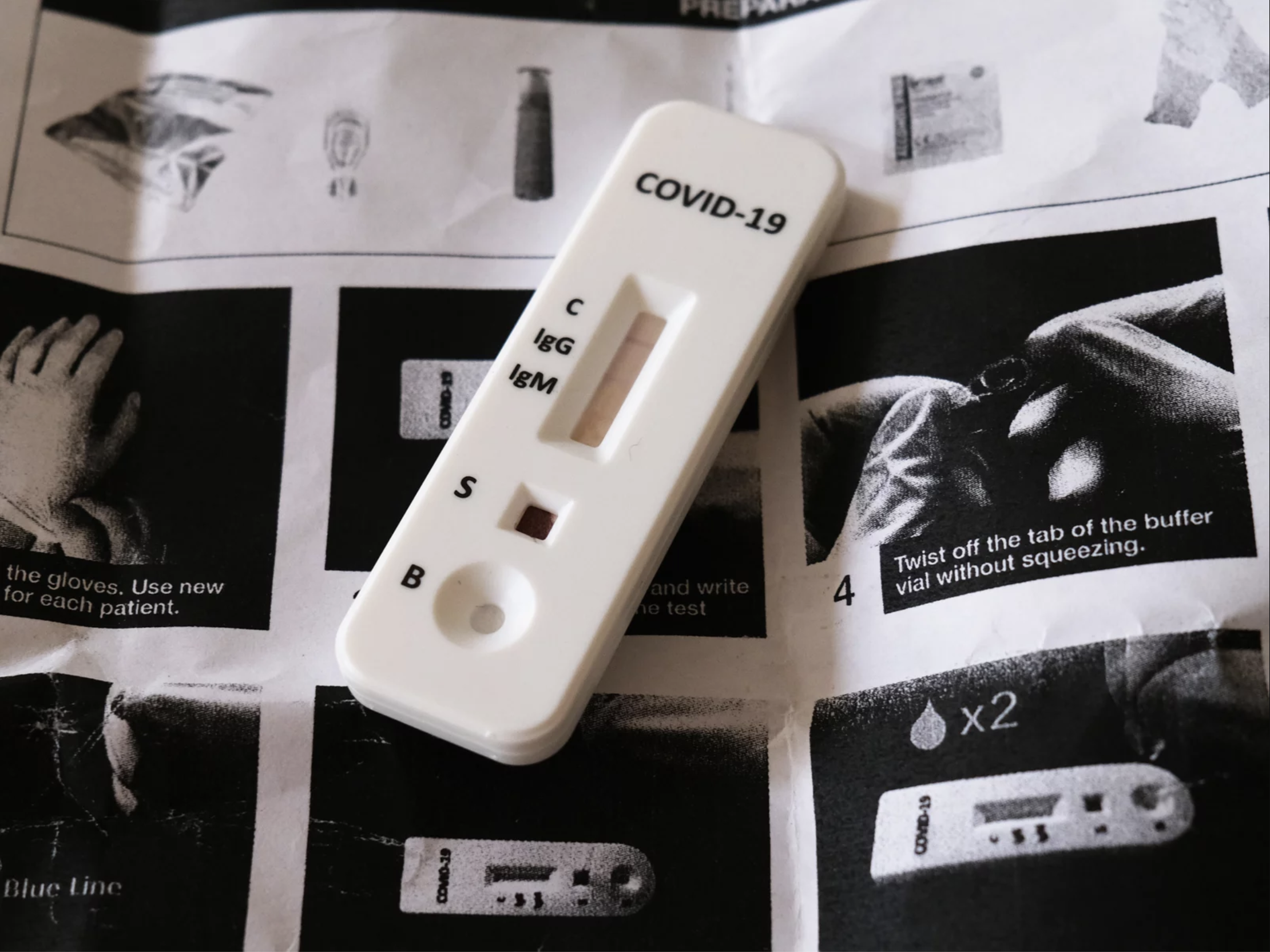
COVID-19 OTC Test Kit Fraud and Medical ID Theft (national)
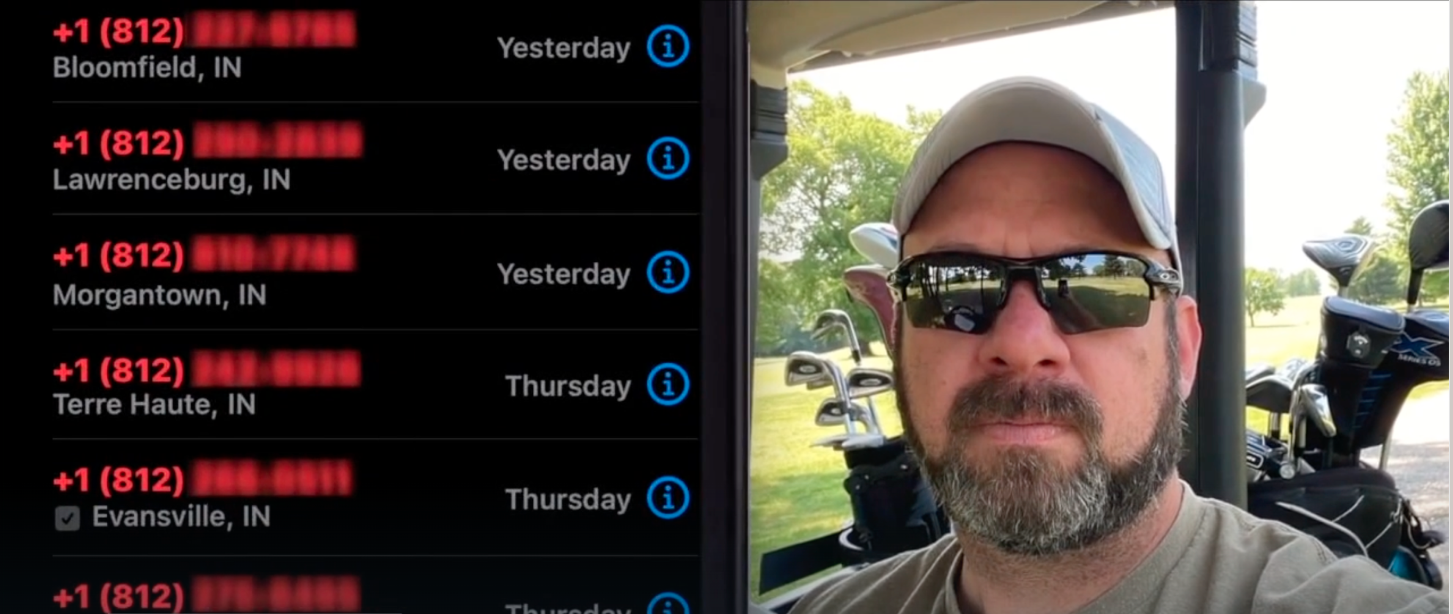
Medicare Scam Calls/Medical ID Theft
Follow Indiana SMP on Facebook for more tips and resources.
The Indiana Senior Medicare Patrol (SMP) project was supported, in part by grant number 90MPPG0066, from the U.S. Administration for Community Living, Department of Health and Human Services, Washington, D.C. 20201. Grantees undertaking projects under government sponsorship are encouraged to express freely their findings and conclusions. Points of view or opinions do not, therefore, necessarily represent official Administration for Community Living policy.


